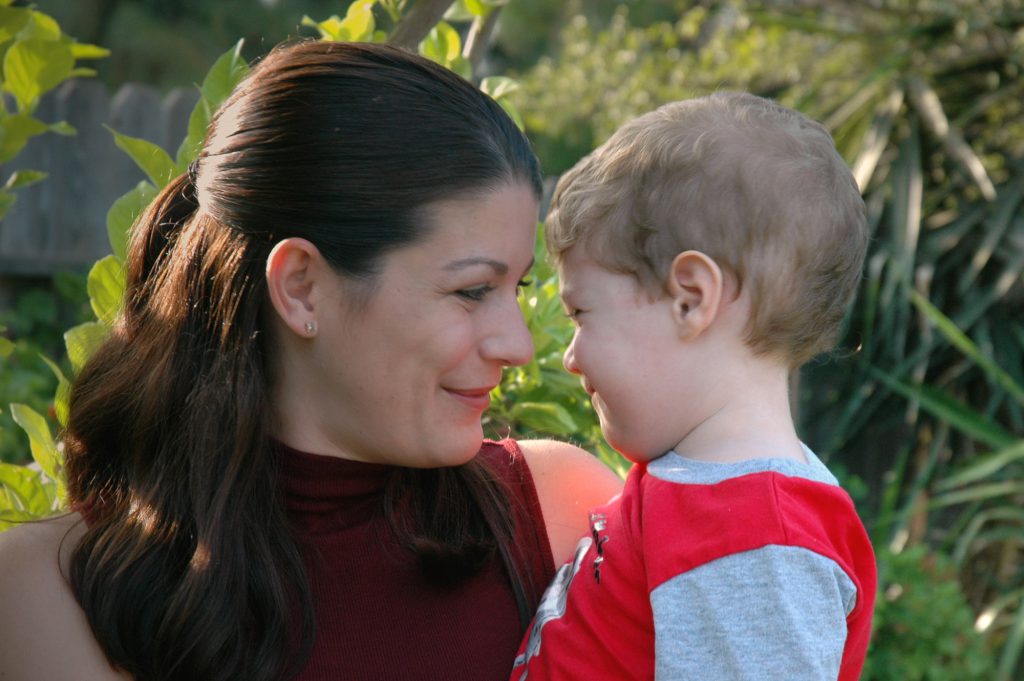Mentoring: The Missing Key to Christian Parenting

What if I told you that parenting didn’t have to look the way that it does today? That life need not be an island caring for your children on your own and there was help available? What if I further told you that the Bible encouraged this behavior, and expected this to happen? You’d be pretty excited, now wouldn’t you!
I would then have to tell you the catch– very few people use this, and it’s antithetical to the Western mindset. You probably already guessed what it is from the title, but what’s interesting is that it’s not a secret but very few invest in others in this way, and it’s to our churches and our families detriment
One Anotherness
In the early Christian Church, there was a need to be involved in and a part of the lives of fellow believers. Being identified as a believer in Jesus or a follower of the Way at that time could fracture families, especially among the Jewish people. Persecution followed, and this created a vacuum where people that were not blood relatives were forced to provide for and be a part of their new Christian family.
In the book of Titus, chapter 2, Paul talks about the life of the church, but instead of giving instruction about church services, Vacation Bible Schools and the latest in Youth Groups, he lays out a paradigm for discipleship that is foreign to the Western Christian– a pattern of older believers investing their time into younger believers., and this separated by sex.
Older men are to be level headed, worthy of respect, sensible, and sound in faith, love, and endurance. In the same way, older women are to be reverent in behavior, not slanderers, not addicted to much wine. They are to teach what is good, so they may encourage the young women to love their husbands and to love their children, to be self-controlled, pure, homemakers, kind, and submissive to their husbands, so that God’s message will not be slandered. In the same way, encourage the young men to be self-controlled in everything. Make yourself an example of good works with integrity and dignity in your teaching. Your message is to be sound beyond reproach, so that the opponent will be ashamed, having nothing bad to say about us.
The Holy Bible: Holman Christian standard version. (Tt 2:2–9). (2009). Holman Bible Publishers.
Paul instructs Titus how to practically live out the Christian life. In this life, older men and women are to conduct themselves in a Christlike manner. This is so that the younger believers can see a Christlike example– but it doesn’t stop there. The older men are to educate the younger men and the older women are to instruct the younger women. He even lays out the syllabus.
Modern Teaching
In Western Churches, we do large classes where there is a lecture-style presentation that gives you a few thoughts and principles but fails to give practical instruction on raising individual children or solving the married couple’s dilemma. They don’t tell the husband that he really should get a better job, or teach the wife the ways in which she can love her husband and children and submit to him.
The modern Christian doesn’t want to get involved, doesn’t want to intrude into someone else’s life, and believes that their advice would be unwarranted. So they bind together older women and teenagers or segregate people based on interests or the same age, such that the only person that needs to be a living example is the one doing the teaching. Which also makes it easier to disregard the instruction or the conviction that you get hearing the lesson.
Presuppositions
It is fair, though, to consider that Paul’s instruction to Titus does carry with it some presuppositions to how people are living the Christian life.
Expectations of a Husband
Husbands were expected to have weight, to carry gravitas. They were to be level-headed and be well educated in the faith. They were to be role models and those that could be looked up to, and they were expecting self-control from those under them. Contrary to today’s culture where the very concepts of men and women and the roles of such are challenged, Paul expected men to have a role and fill it well, to be good examples.
Expectations of a Wife
Wives were expected to work from home– to be homemakers. Now, this isn’t the nuclear family at this time in history, though certainly there was a market. At this time husbands and wives were both in the home and working out of the home. This is saying that the wife’s primary occupation is making that home, of keeping it functioning.
She naturally doesn’t love her husband and children and needs to be taught the proper way. What does this even mean? Don’t we marry for love? My thought here is that it is natural to not want to submit to a husband and not know the proper way to show love to one once the emotions of the infatuation stage wear off. And there are many times where the husband will act in a way that would make him unlovable!
You can see where Paul is giving very practical advice, practical things to be taught for each sex because the natural tendency of sin for that role is obvious and happens repeatedly, and if we can curb these sins, we would glorify God. So why don’t we do them?
We Don’t Want to Rock the Boat
We don’t mentor, we don’t involve ourselves in others’ lives, we don’t encourage homemaking and teach that men and women have specific patterns of sin to be worked on because we don’t want to be that different— despite what we say. Being Christian in the Western Culture isn’t that difficult– at least to wear the name– because the worst that most people will do is mock you verbally. The first-century believers were concerned about becoming a human torch. We’re concerned about someone saying something bad about us on Facebook.
We don’t know how to do these things anymore. We haven’t needed or done them in so long that it just sounds weird. Sure, there are some that do this– but that’s not what the text says. We should all be investing in people or having people invest in us.
The working world gets this. There’s talk of getting mentors to help start businesses or grow their careers, but for the Christian, we’re left with listening to lectures with various sizes of people, or getting one on one counseling that we pay for that isn’t the one-anotherness that we find in the Scriptures.
We must reclaim mentoring, seeking out people to invest in and those that would invest in us if we are to see growth. And one of those areas that would benefit the most is in our parenting.











